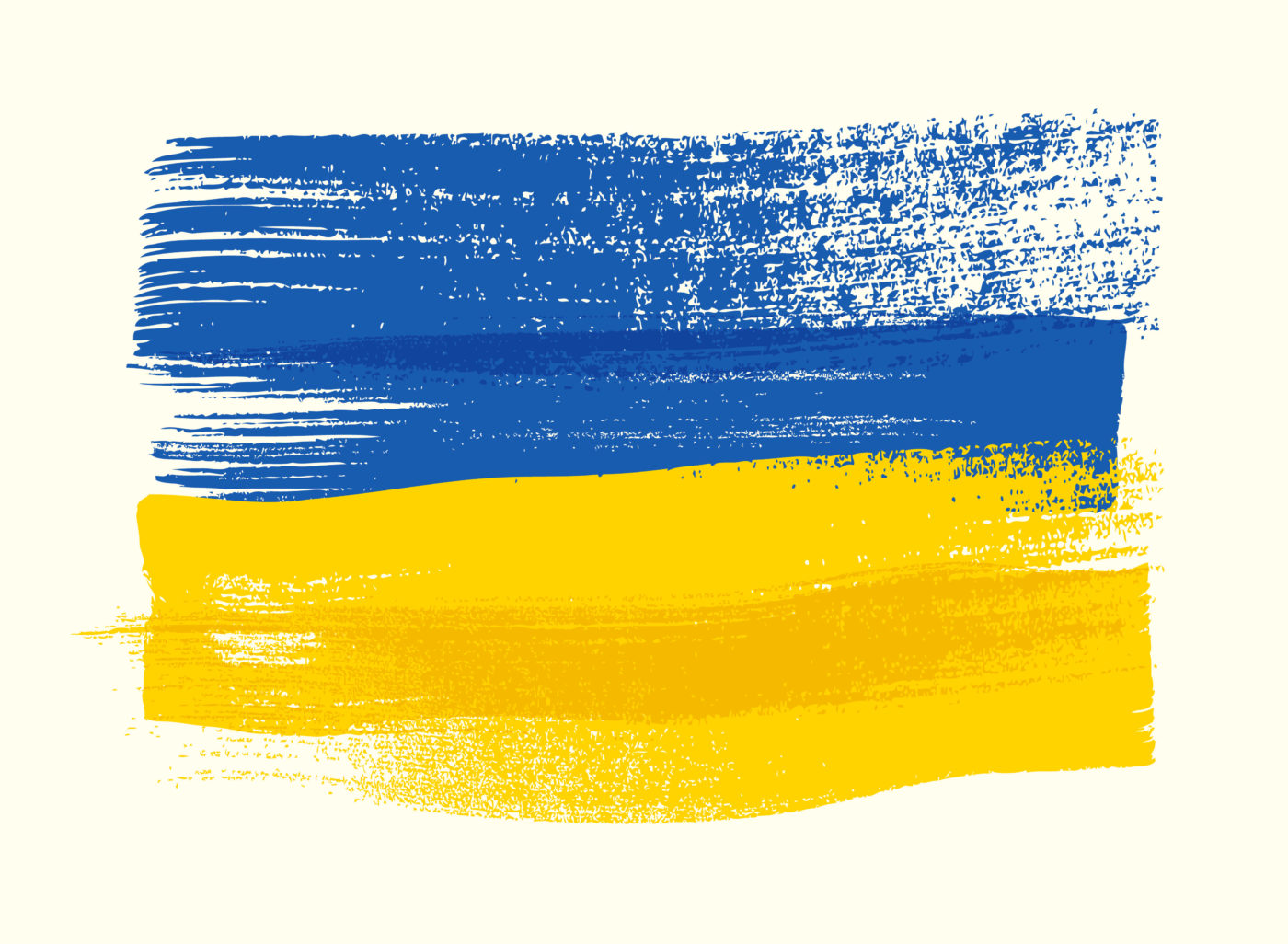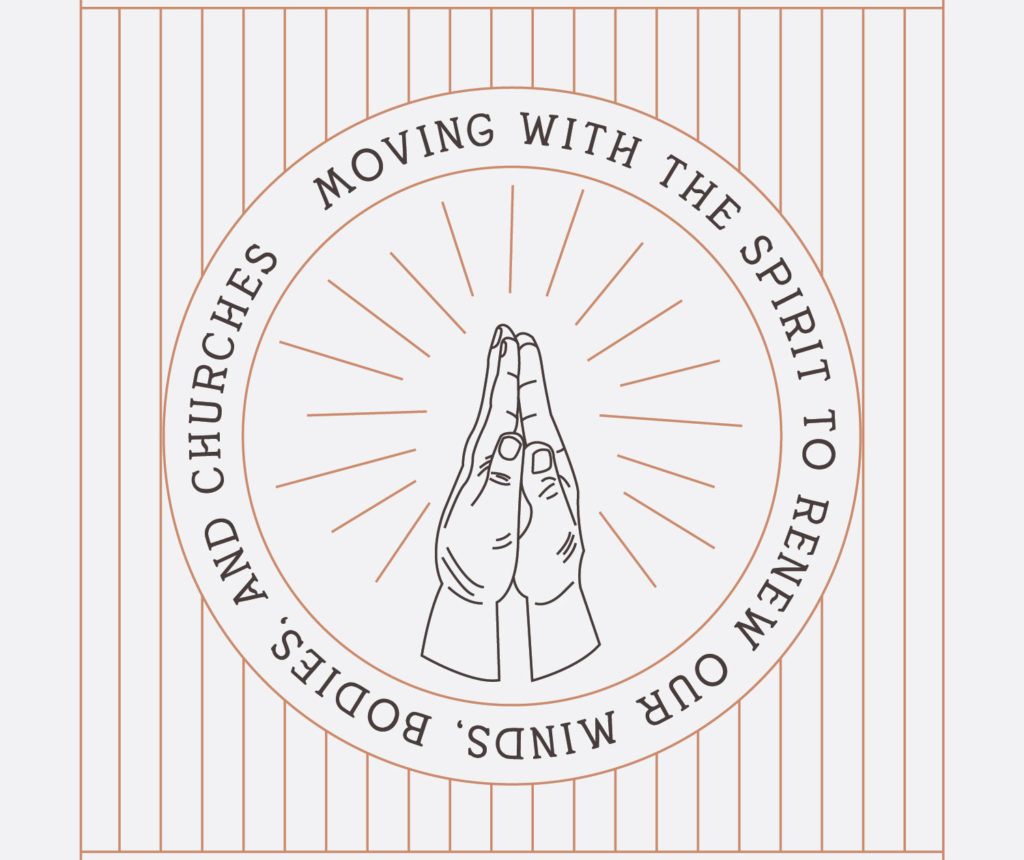
The Crisis in Ukraine – a Call to Prayer
To understand the current crisis Ukraine faces, it is helpful to look at its troubled history. Here’s a quick intro on what to know about Ukraine and how to pray for it.
If you typed Ukraine.com in the address bar of your browser, navigated to the history section of that site, and read the first sentence of the article there, you would already begin to understand the crisis in the Ukraine. The sentence reads, “Ukraine has a long and troubled history.” The raw and solemn honesty of that first sentence is significant, especially since the website is designed to promote tourism in the country. It sheds light on a deeper spiritual need.
A Troubled History
Ukraine has had a long and troubled history. It has history of invasions by foreign powers. Huns, Goths, Avars, and others invaded in the early Christian era. In more recent history, Lithuania expanded and took in Ukraine before it merged with Poland. Under Polish rule, religious persecution began as the Ukrainian Church struggled to not be assimilated into Polish Catholicism.
The term Ukraine came about in the 16th century. The word is thought to have originally meant “borderlands” or “at the border.” Even the name of the country brings conflict to mind. Territorial borders are one of the most disputed things in history: nations, tribes, street gangs, and even suburban Americans have all fought and died over them. It’s an unfortunate moniker for the country, but not one that they bear without the grim confidence of surviving another foreign invasion.
“It’s an unfortunate moniker for the country, but not one that they bear without the grim confidence of surviving another foreign invasion.”
Indeed, that is what happened when fugitives fleeing religious persecution formed a military order called the Cossacks. The group started a revolution that wrested control of Ukraine back from Poland in 1648. The Polish at the time were focused on maintaining control over Ukraine as Russia began to expand its influence and power. The Cossacks formed a treaty with Russia to gain independence while offering allegiance to Russia. So began a period of strife lasting 270 years in which different factions vied for control of the Ukraine and multiple unsuccessful treaties were created and broken. Ukraine declared complete independence in 1918.
This was short lived, as Soviet troops gained control in 1922. The Ukrainians suffered greatly under Soviet communism. Stalin orchestrated a genocidal artificial famine, now referred to as the Terror-Famine or Holodomor, by creating and collecting unrealistic quotas of grain and leaving peasants to starve. Millions of Ukrainians died.
“The Ukrainians suffered greatly under Soviet communism.”
When Nazi Germany invaded during World War II, they were seen as liberators, but this sentiment was short lived. The Nazis also murdered Ukrainians and viewed them with contempt. Power switched hands again when Germany began to lose the war, and Russia regained control. Stalin then began to persecute those that were believed to have worked with the Germans. It wasn’t until the collapse of the Soviet Union that Ukraine entered into its modern situation, existing as a sovereign nation.
Precursors of War
Despite this, Russia illegally annexed Crimea in 2014. Crimea is a peninsula on the north coast of the Black Sea and an area of strategic military importance for Russia. It’s also a popular vacation area for Russians. During this takeover, the world got a glimpse of what Russian rule would mean for the Christian church in Ukraine.
On May 24, 2014, pro-Russian militants stormed the Bear Valley Bible Institute during Sunday worship. Church members were forced to completely remove their belongings and vacate the building within two hours. Fortunately, less than 24 hours before the event, seven students were able to graduate from the program. In Donetsk, another ministry training school, the Ukrainian Bible Institute, closed its doors as a safety precaution. Later, twenty armed men broke into the building and searched it. They also searched a hotel above the facility and left with an unidentified man.
“The US Department of State recognizes that religious freedoms are under attack in Crimea.”
The US Department of State recognizes that religious freedoms are under attack in Crimea. The official church, which is granted special privileges, is the Ukrainian Orthodox Church – Moscow Patriarchy. The number of other registered religious communities in Crimea has dropped by over 1000 since the occupation began, and persecution of religious minorities continues through intimidation and imprisonment. Now, Russia has launched a war with Ukraine, and religious freedom is under threat again in the rest of the embattled country.
A Prayer for Ukraine
The current situation is a crisis, and unfortunately crisis is woven into the entire identity and history of Ukraine. It is inevitable that people will die in this continued conflict. More orphans and widows will be created, and the suffering will continue. It is in these times, in these darkest hours, that we must pray for God to work miracles for the church in Ukraine.
“It is in these times, in these darkest hours, that we must pray for God to work miracles.”
Yesterday, I heard from a pastor on the ground in Kyiv, the capital of Ukraine. I had reached out to see how we could help with prayer and action. His response was pleasant, but hurried. He was very busy preparing to help people affected by the war. Just hours ago, the news announced that Russian tanks were already rolling into Kyiv. I hope to hear back from him soon.
Like the pastor in Kyiv, it is appropriate in this hour for us to consider the situation of people involved in this conflict. These are all people loved by God. They have an eternal destination, and it is not God’s will that any should perish before reaching repentance (2 Peter 3:9). How can we pray for this situation?
“It seems that the appropriate prayer is modeled in Psalm 23.”
It seems that the appropriate prayer is modeled in Psalm 23.
The Lord is my shepherd;
I have all that I need.
He lets me rest in green meadows;
he leads me beside peaceful streams.
He renews my strength.
He guides me along right paths,
bringing honor to his name.
Even when I walk
through the darkest valley,
I will not be afraid,
for you are close beside me.
Your rod and your staff
protect and comfort me.
You prepare a feast for me
in the presence of my enemies.
You honor me by anointing my head with oil.
My cup overflows with blessings.
Surely your goodness and unfailing love will pursue me
all the days of my life,
and I will live in the house of the Lord
forever.
This psalm shows how God supplies specific needs: food, rest, protection, and guidance. These are the things that the people of Ukraine need right now, and it’s also what the pastors on the ground need in order to help people.
“This psalm shows how God supplies specific needs: food, rest, protection, and guidance.”
The goodness of God does not stop or fail, and we can be assured that he knows us and our situations fully. When death is at the door, it’s hard to focus on other things, but those of us who are not in the conflict can lift up prayers on behalf of our Christian brothers and sisters. In addition, we can pray that God will work miracles that will bring restoration to a nation with a long and troubled history. We can pray that God’s light will shine brightly in the darkness.








